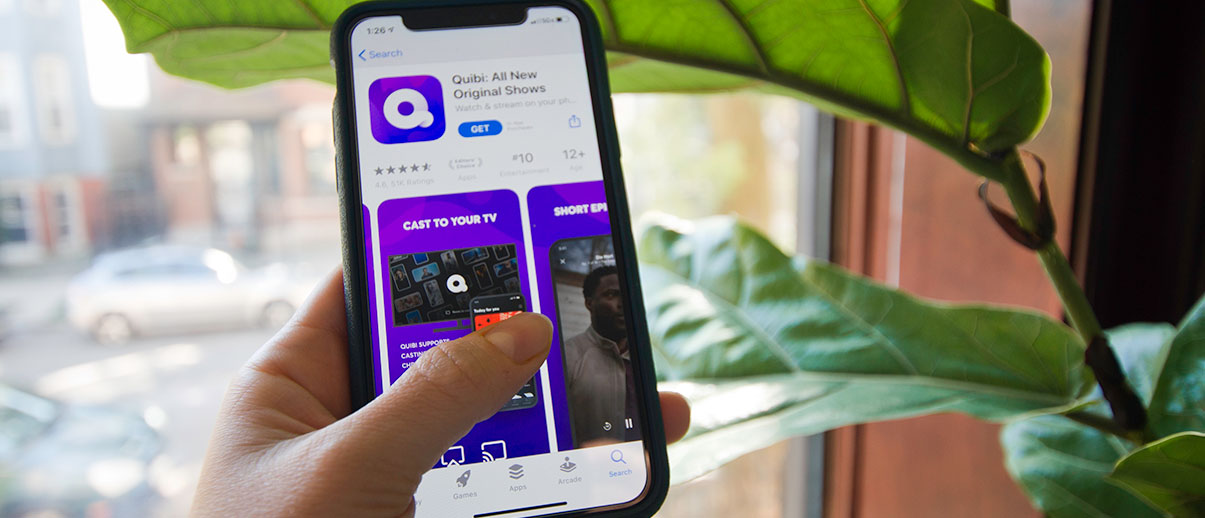Recent Articles
Could AI Help Write Better Research Briefs? Plus, 5 exciting AI tools to try
The Curious Case of Quibi:
A case study in misreading consumer behavior
By Jonathan Schumann
When the content platform Quibi launched in April, I had to admit I was skeptical. Yes, it features high concept shows with splashy talent. Chrissy Teigen as a judge! Anna Kendrick in a complicated relationship with a lifesize doll! But at first blush the core of the offering felt really narrow – short-form content (everything is shorter than ten minutes) and specifically shot for (and limited to) smartphones.
I can see what led the creators to the concept. More than ever, consumers are viewing content, especially from streaming platforms, on their mobile devices. So, taking that observation of behavior at face value, it may have seemed like a good idea to create content specifically for smartphones. That said, I’d hypothesize that mobile viewing is more a matter of circumstance than desire, and that a number of factors are shaping this behavior. In short, I’d guess that it’s a matter of circumstance rather than eagerly pursued viewing.
My hunch that Quibi had misread consumer behavior and want seems to have proven true. In its first two months, Quibi had 1.3 million active users (out of 3.5 million users who downloaded the app), a low number especially considering the initial three-month free trial period the app offers. For perspective, Disney+ clocked 41 million installs in the same period. Quibi also quickly fell out of the top ten of iTunes’ app store rankings after it’s first week and by June was ranked #284. And while the creators behind the platform have cited Coronavirus as a key impediment to quick success – what’s the role of a mobile content platform when everyone’s stuck at home – other streamers like Disney+ and HBOMax have successfully launched in this window. So, what could Quibi have done differently before launch?
At Egg, we know not to take consumer behavior at face value. How people act isn’t the full story, we’re about uncovering the context for behavior and illuminating the motivations behind it. The folks behind Quibi seem to have stopped their interrogation at observation, without really digging into the reasons why consumers are viewing content on mobile. Is it out of need or desire? What’s the role of mobile content outside of on-the-go moments? What does the current landscape of “quick bite” content look like, and how can a new entry in the space offer something YouTube and TikTok can’t? Exploring these lines of interrogation may have helped Quibi better address an unmet consumer need and break through the crowded streaming landscape.
